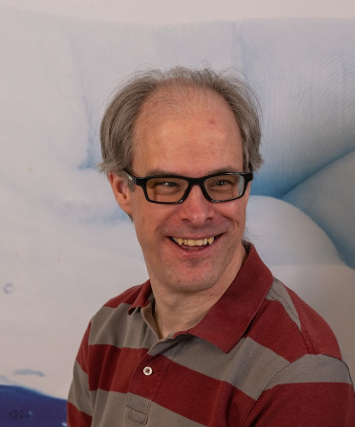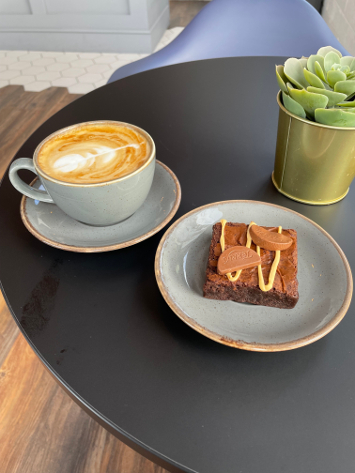Reflections from the PGR-Postdoc Buddy Scheme
Posted on: 4 November 2024 by Dr Bengt Tegner (Number of words: 320; Read time: 2 minutes) in Blog posts

Dr Bengt Tegner is a physicist working in computational chemistry, based in the Troisi Group at the Materials Innovation Factory. He is also Deputy Co-Chair of the Research Staff Association (RSA). Bengt’s research is currently focused on high-throughput virtual screening and machine learning. Previously, he was a member of the Rosseinsky Group, where he studied catalysis and separation in metal-organic frameworks. Away from the lab, Bengt likes to do outdoor sports like climbing, running, and skiing.
I have been involved as a “lead-buddy” in a few iterations of the RSA Buddy Scheme, most recently mentoring some postgraduate researchers. In terms of practicalities, we set up a Teams channel and scheduled a meeting in a coffee shop on Campus.

Below are some thoughts from the latest round of the PGR-Postdoc buddy scheme:
There were a mix of backgrounds, from experienced postdocs such as myself, to second-year PhD students in the middle of collecting data, to final-year students in the middle of writing up and preparing for their viva.
Since the Nobel Prizes are announced in the middle of October, I have often started things off by mentioning the physics and chemistry winners, since that is my background. Being Swedish, I have had the privilege of seeing quite a few Nobel laureates speak when I was an undergrad, as they are encouraged to give talks whilst visiting Sweden and collecting their prize from the king during the Nobel festivities in December.
Having done a viva in the UK, here are a few things to think about:
The examiners are not out to get you! They want you to pass. They want to know the following:
What did you do? What did you find?
Which result are you most proud of? (A variation of this is often used as an opening question, to start the discussion.)
What is the limit of your knowledge? (What don’t you know?)
We also discussed a bit about how to manage your supervisor’s expectations whilst writing a thesis, which can be a source of conflict.
Finally, we briefly discussed predatory journals in the context of PhD students being pressured to submit at all costs. As an early career researcher, you are dependent on the advice of senior colleagues where and when it is best to publish your research. Conference proceedings can be one way to get an early publication out, depending on your field.
Further reading
Defending your doctoral thesis: the PhD viva
Keywords: Researchers, Research Staff Association, Staying connected, Vitae, Wellbeing, Buddy Scheme.